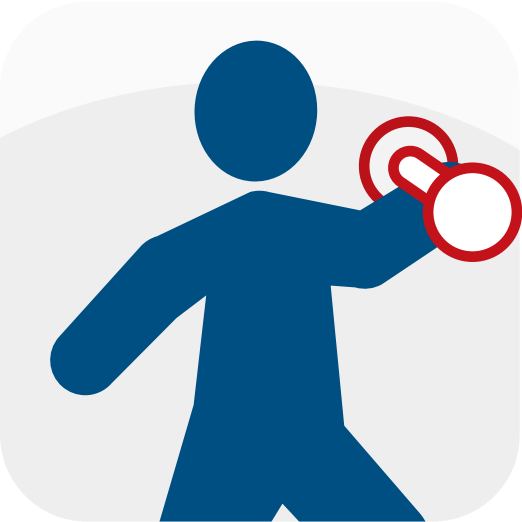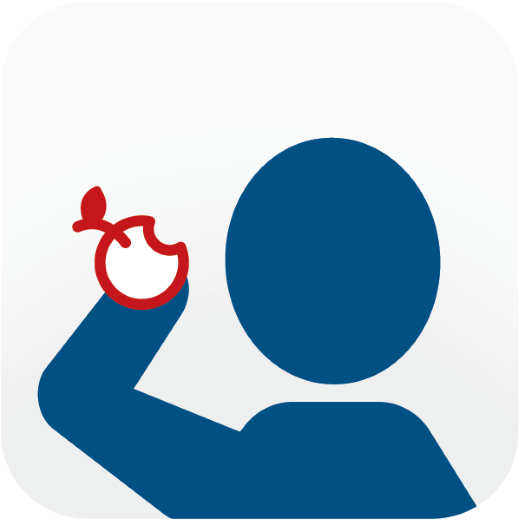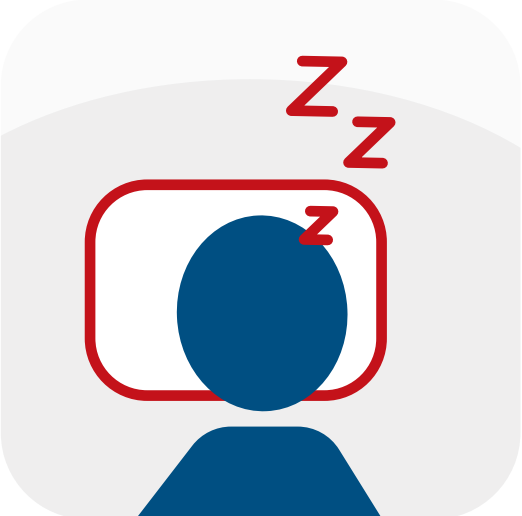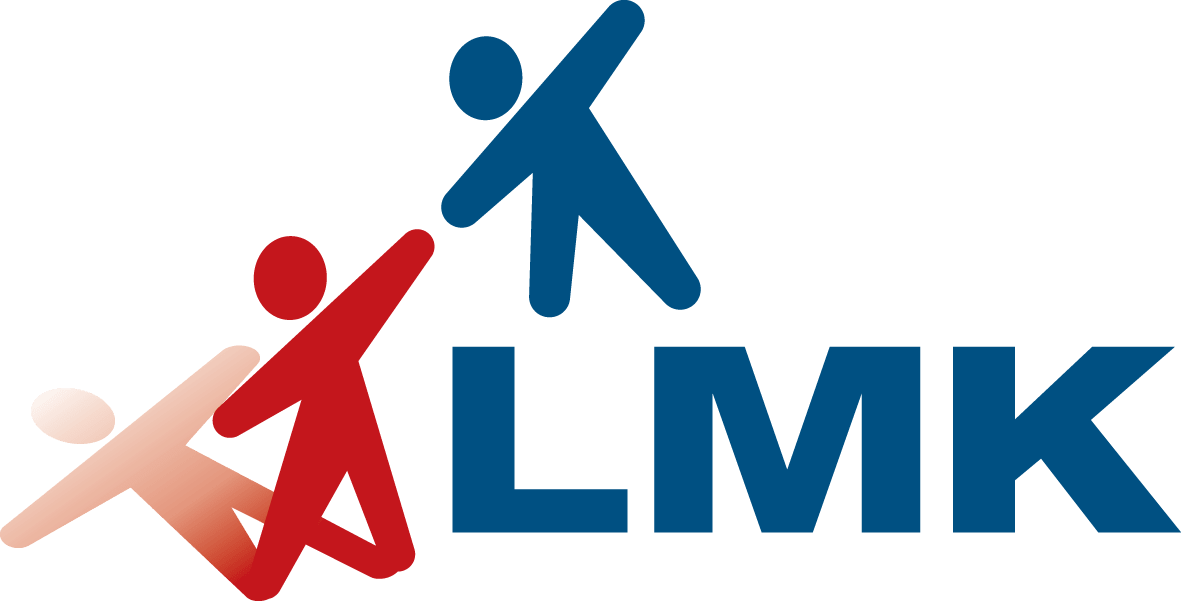SEEDS
This page will just touch on some of the science. For those interested in dwelling deeper into this, there are a number of resources available to you from recommended readings, internal agency based training, assistance from your Organisation’s Wellbeing team, Health and Fitness team, or Work, Health and Safety team.
Did you know?

Social connectedness - If you are too isolated and not experiencing good social interactions, brain cells and connections related to social skills can die off! This can have many effects including increasing depression, anxiety and even the risk of dementia.

Exercise - Exercise does amazing things for brain blood flow, growing new brain cells, reducing the damage to the brain from being stressed too much and even to repair any damage done. Research is being done in this field which demonstrates that for some mild cases of depression and anxiety, the right physical exercise is usually a more powerful anti-depressant and anti-anxiety agent than medication and psychotherapy combined! Only in conjunction with your professional mental health supports can you determine the appropriate treatments for your personal situation.

Education - Continuing to learn, and it does not have to be just complex or deep learning, adds new connections within the brain and this can reduce the effects of damage to the brain from things like dementia and even reduces becoming grumpy as you age!

Diet - Some things feed the brain and are essential for growing new brain cells, making new connections between brain cells and making the brain more efficient with those connections but some things we eat and drink damage this process. If you don not exercise enough, some nutrients from our diet cannot even get to the brain!

Sleep - Poor sleep is a growing problem and sleep itself is often misunderstood in regards to how essential it is for physical and mental health. It is in deep sleep the brain sorts out your experiences, makes sense of them and files things away, does most repair, grows new brain cells and releases your anti-aging human growth hormone. Sleep is essential to vitality and resiliency, yet alarmingly the duration of sleep and the quality of sleep is in decline!
Dr. John Arden, psychologist and neuropsychologist, has been one of a handful of professionals at the forefront of the rapid rise understanding the brain and how to increase resiliency both physically and mentally.
A very large body of scientific discovery, assisted by advances in technologies that help to observe and see the brain in action, has found some key principals that:
- aid the brain in developing new brain cells
- improve connections and the transmission of information between brain cells
- repair of the brain.
The body of knowledge continues to grow at a rapid pace and continues to reinforce the importance of 5 focus areas that Dr. Arden, for ease of remembering, coined the term SEEDS.
The brain, like the body, keeps growing and changing depending on what “exercise” the brain does. With the body, if you cease exercise the body loses muscle mass, bone density, etcetera. The brain also allows brain cells and connections between brain cells to die off if not use. This is known as atrophy. SEEDS helps to provide the best formula to keep the brain working optimally.
The library has some great materials and there can be drills or fitness staff help you to learn more about SEEDS.
Arden, J. B. (2014). The brain bible. New York, NY: McGraw‐Hill
Approaches that incorporate the principles of SEEDS is rapidly growing and includes leadership development with books such as Brainwise Leadership: Practical neuroscience to survive and thrive at work.
Henson, C., & Rossouw, P. (2013). Brainwise Leadership: Practical neuroscience to survive and thrive at work. Learning Quest (Sydney, Australia).
